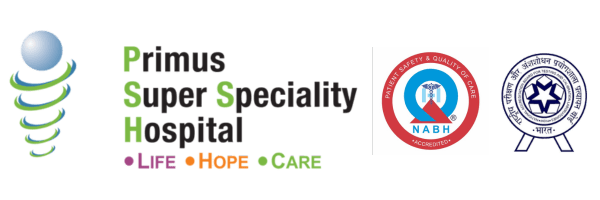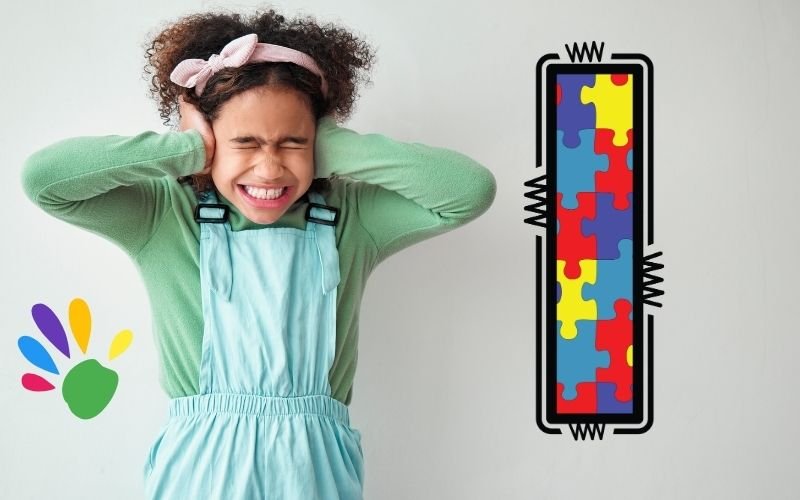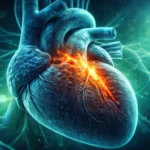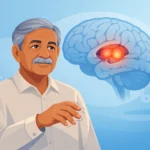Autism is a developmental condition that affects how the brain processes information. It influences communication, behavior, learning, and social interactions. The full name is Autism Spectrum Disorder (ASD). The term “spectrum” shows that symptoms and abilities differ for every person.
The awareness about this disorder has grown worldwide. Families now ask important questions: Can autism be treated? Is there a way to improve daily life for someone with autism? What treatment options are available in India? In this article, we will explain autism in simple terms and explore treatments that can support children and adults.
We will also answer questions like: What are the autism symptoms in adults? How is it tested? What’s the difference between ADHD and autism? We’ll use simple language so that every reader can understand. We will also talk about the best treatment and when to connect with an autism doctor in Delhi.
What is Autism?
Autism is a lifelong condition that affects how a person experiences the world. It starts early in life, often before the age of 3. Some people with autism may not speak. Others may speak clearly but struggle with emotions or social behavior. Some may show repeated behavior like rocking, hand flapping, or arranging items in a pattern.
Autism can affect sleep, digestion, and focus. However, with proper support, many children and adults can live a good life. Early intervention can improve communication, learning, and independence.
Autism Meaning in Hindi
In Hindi, autism is known as “स्वलीनता विकार” (Svalinta Vikar). It means a condition where a person turns inward and shows limited interest in the world outside. However, this does not mean that the person cannot grow or achieve. With help and guidance, people with this build important life skills.
Types of Autism
There are different types of autism under the larger category of ASD. These include:
- Classic Autism (Kanner’s Syndrome): Strong symptoms, speech delay, and social challenges
- Asperger’s Syndrome: Normal to high intelligence, but social and communication issues
- Pervasive Developmental Disorder (PDD-NOS): Milder symptoms, diagnosed in early years
- Childhood Disintegrative Disorder: Rare condition where a child loses skills after age 2 or 3
Some doctors also include “virtual autism symptoms” – a term used when digital exposure delays speech and behavior in young children. Too much screen time before age 3 may also affect development, although its not same for everyone.
How is Autism Diagnosed?
There is no blood test or scan to detect autism. Diagnosis is based on observing behavior and development. Parents often notice that a child doesn’t respond to name, avoids eye contact, or does not speak on time. Some may also notice strong reactions to light, sound, or touch.
Doctors may use tools like:
- Autism Diagnostic Observation Schedule (ADOS)
- Autism test questionnaires
- Speech and development checklists
If autism is suspected, the child may be referred to a developmental pediatrician or autism doctor in Delhi for a complete assessment.
Autism Symptoms in Adults
While many people are diagnosed in childhood, some may not realize they have autism until adulthood. Signs include:
- Trouble understanding jokes or sarcasm
- Difficulty maintaining eye contact
- Strict routines or special interests
- Social anxiety or awkwardness
These adults may have been misunderstood earlier as being shy or rude. Getting a diagnosis helps them understand themselves better and access therapy.
Difference Between ADHD and Autism
ADHD (Attention Deficit Hyperactivity Disorder) and autism have overlapping signs. Both may affect attention and behavior. But they are not the same. Here are the main differences:
- ADHD: Focus, restlessness, poor impulse control
- Autism: Social interaction, speech, repetitive behavior
Some children may have both conditions. A doctor can do the right tests to tell the difference. Treatment plans will vary for each child.
What is OT for Autism?
Occupational Therapy (OT) helps people with autism build life skills. It can help them eat independently, dress up, hold pencils, or brush their teeth. OT also supports behavior control, attention, and balance.
A therapist may create simple activities using toys, textures, or movements. These help children stay calm and learn better. Parents are trained to repeat these exercises at home.
Speech Therapy: Finding the Right Words
Many children with autism find it hard to express their needs. Some are non-verbal, while others use single words. Speech therapy helps improve:
- Understanding of language
- Expressing thoughts
- Using sentences
- Using gestures or alternative tools
With regular sessions, even non-verbal children may start using picture boards or communication apps.
Behavior Therapy: Shaping Positive Actions
Applied Behavior Analysis (ABA) is one of the most studied treatments. It helps children learn good behavior and reduce difficult actions. For example, it can reward eye contact or help reduce aggression.
This therapy is goal-based. A therapist breaks down a task into steps. Each time the child completes a step, they are praised or rewarded. Over time, children learn complex actions in small parts.
Autism-Friendly Education
Regular schools may not meet the needs of every autistic child. Many cities now have inclusive schools or special education centers. These schools have trained teachers who use:
- Visual learning tools
- One-on-one support
- Social skill games
- Modified exams
Home-based learning is also common, especially for children with high sensory needs. Speech, OT, and education can all happen under one roof at many autism centers.
Role of Parents and Family Support
Parents play a big role in autism treatment. They attend therapy, learn new skills, and offer constant support. They are also trained to handle meltdowns, feeding issues, and sleep problems.
Support groups and community centers help parents meet others with similar experiences. Sharing ideas and learning from others reduces stress and builds hope.
Medical treatment for Autism and medicines
Autism does not have a cure. However, some medications can reduce symptoms like anxiety, aggression, hyperactivity, or sleep troubles. These do not treat this disorder itself but help improve daily life. Common categories include:
- Antipsychotics for irritability or mood swings
- Stimulants for focus and hyperactivity
- Melatonin for sleep regulation
Always consult a doctor before starting any medicine. A personalized plan is best.
Diet and Supplements in Autism Care
Food habits can affect behavior in children with autism. Some parents notice changes after removing certain foods. A few common interventions include:
- Gluten-free and casein-free diets
- Omega-3 fatty acids
- Multivitamins and probiotics
While some supplements may help, more research is needed. Dietary changes should be guided by a doctor or nutritionist.
Autism and Sensory Integration Therapy
Many autistic children face challenges in dealing with light, sound, or touch. They may cover their ears, avoid hugs, or get upset by clothing tags. Sensory Integration Therapy (SIT) helps manage this by using play-based activities that gently expose the child to these inputs.
For example, swinging, brushing, or weighted blankets can calm a child. Over time, it improves tolerance and comfort in daily situations.
Assistive Technology for Communication
When speech is limited, technology can support expression. Tools include:
- Picture Exchange Communication System (PECS)
- Speech-generating devices (SGDs)
- Apps on tablets for visual prompts
These tools help children ask for water, express pain, or join classroom tasks.
Research shows that starting therapy before age 5 brings the best results. This stage is called early intervention. It uses speech therapy, OT, and ABA in a structured manner. Children can improve in:
- Eye contact
- Naming objects
- Answering questions
- Playing with others
Even if it cannot be reversed, early action builds a stronger foundation.
Support for Adults with Autism
Autism in adults is often ignored. Many feel isolated or misunderstood. Support can include:
- Workplace counseling
- Life skills training
- Social support groups
Some adults may live independently, while others need supervision. Support improves confidence, safety, and mental health.
Autism may not be cured, but it is manageable. With early care, therapy, and family support, children and adults can lead meaningful lives. Patience and consistent effort matter most.
If you’re seeking trusted care and expert help, connect with Primus Hospital. Known for its child development specialists, neurology treatment in Delhi, and mental health specialists and therapy services, Primus offers complete support for families in Delhi and beyond. They help children grow, express, and thrive with dignity.
FAQs on Autism Treatment in India
No. Autism cannot be cured but can be managed with therapy and support.
Before age 5. Early intervention gives the best results.
Yes. Many adults discover their diagnosis later in life.
No. it is diagnosed by behavior and developmental observation.
You can consult Primus Hospital or a qualified autism doctor in Delhi for guidance.













